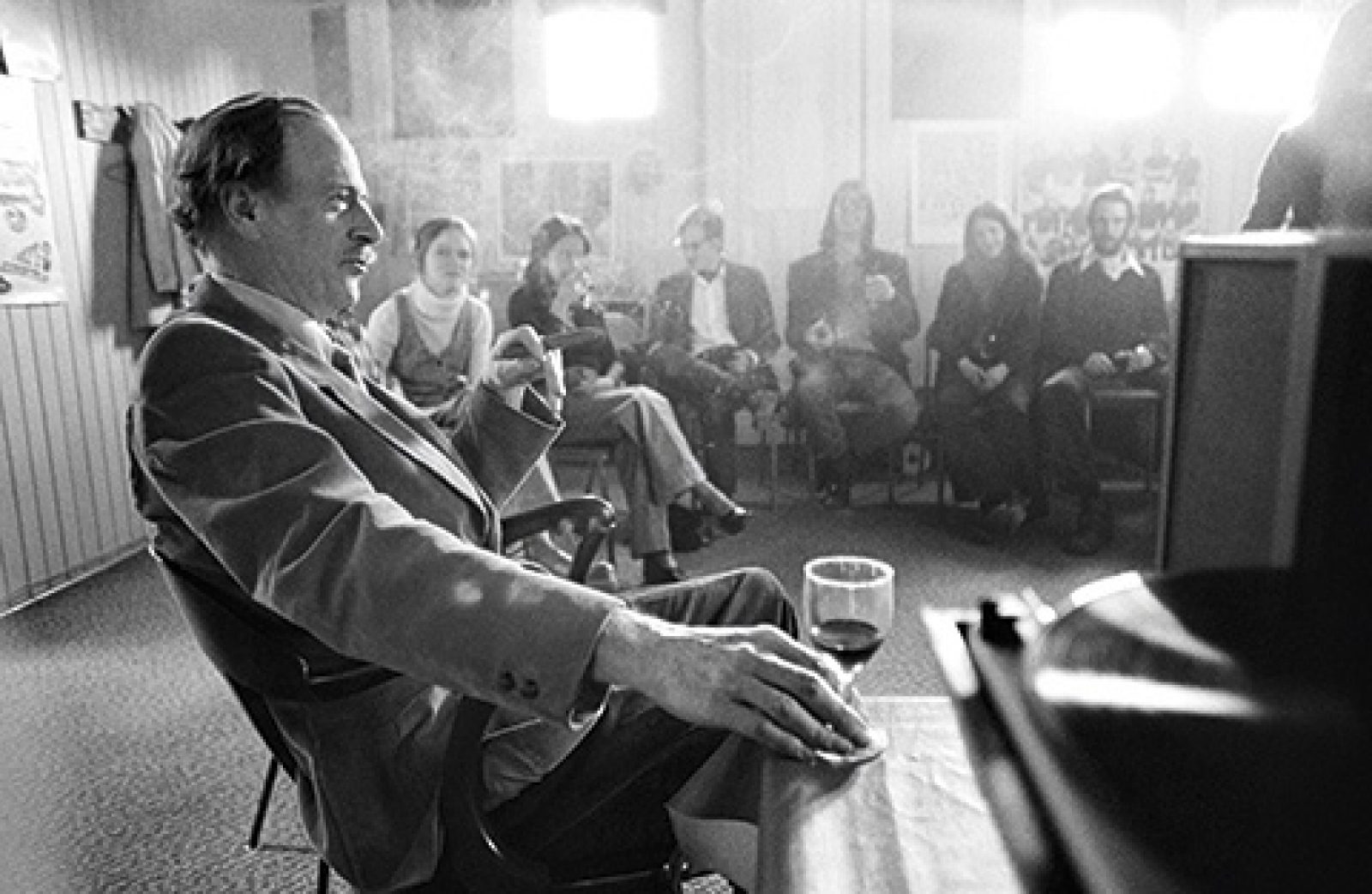

It is intriguing to speculate what he might have to say 40 years later on subjects to which he devoted whole chapters such as Television, The Telephone, Weapons, Housing and Money. In the 1960s McLuhan’s theories aroused both wrath and admiration. Probes, or aphorisms, were an indispensable tool with which he sought to prompt and prod the reader into an "understanding of how media operate" and to provoke reflection.

In Terrence Gordon’s own words, McLuhan is in full flight already in the introduction, challenging us to plunge with him into what he calls the creative process of knowing.’” Much to the chagrin of his contemporary critics McLuhan’s preference was for a prose style that explored rather than explained. This edition of McLuhan’s best-known book both enhances its accessibility to a general audience and provides the full critical apparatus necessary for scholars.

When first published, Marshall McLuhan’s Understanding Media made history with its radical view of the effects of electronic communications upon man and life in the twentieth century.


 0 kommentar(er)
0 kommentar(er)
